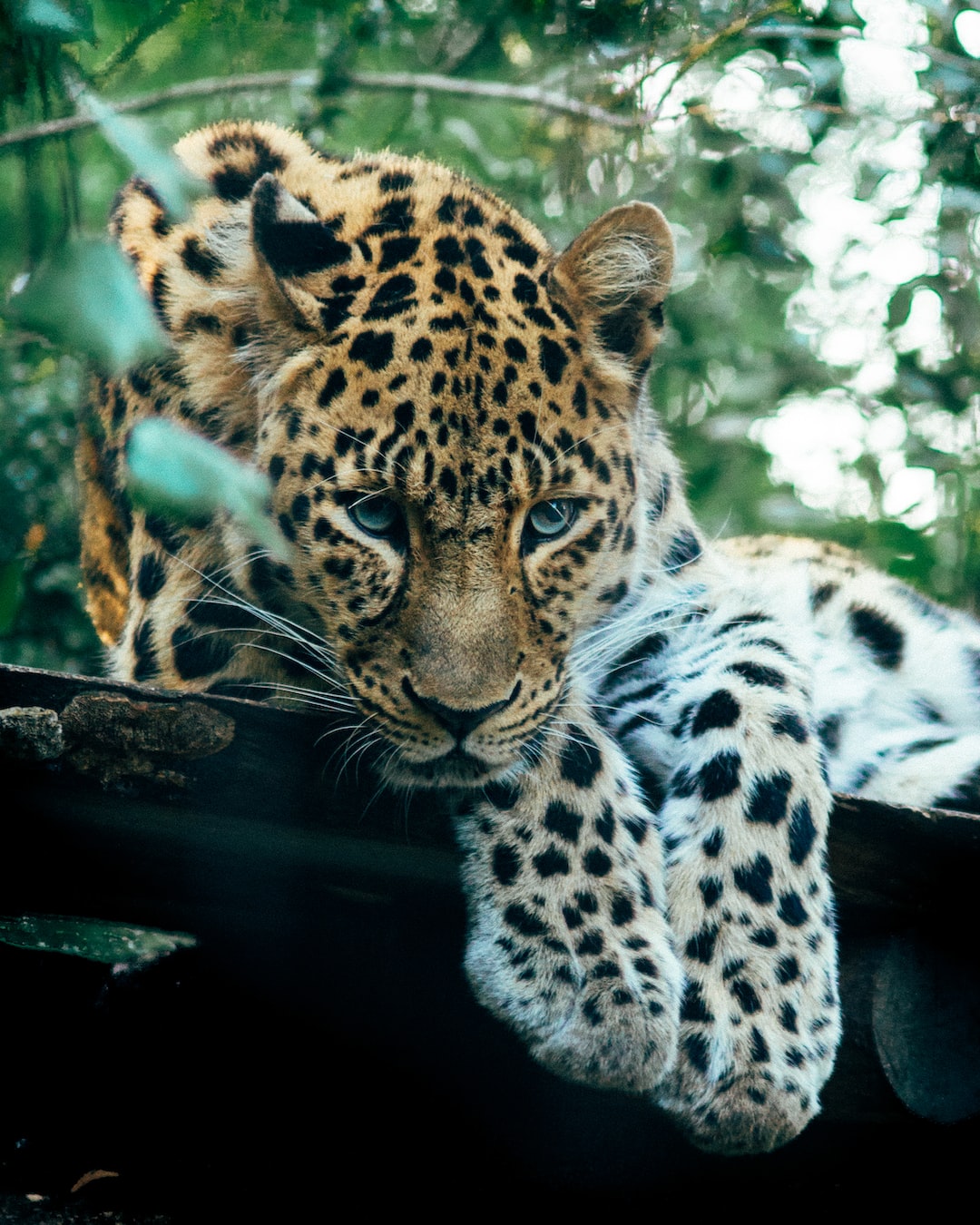World’s Cleverest Creatures: Unveiling the Intelligence of Different Animals
When we think of intelligence, humans often come to mind. However, the animal kingdom is teeming with impressive intellect. From birds that can solve complex puzzles to dolphins communicating through a language of clicks and whistles, the world’s cleverest creatures continually challenge our assumptions about intellect and cognition. In this blog post, we will explore some of the most intelligent animals on the planet and delve into the wonders of their impressive cognitive abilities.
At the top of our list are the primates, particularly the great apes. Chimpanzees, orangutans, and gorillas exhibit remarkable problem-solving skills, tool usage, and the ability to learn from and teach each other. Researchers have observed these animals using rocks to crack nuts, fashioning tools out of twigs to extract termites from their mounds, and even displaying signs of self-awareness. In fact, great apes can communicate using sign language and are known to form complex social structures within their troops.
Another notable contender for the title of world’s cleverest creature is the octopus. These enigmatic cephalopods possess a highly developed nervous system and an astonishing array of abilities. Octopuses are quick learners, with the ability to solve puzzles and unscrew jars to retrieve treats. They can change their skin color and texture to camouflage themselves or communicate with other members of their species. Furthermore, they have been observed exhibiting complex hunting behaviors, such as hiding in plain sight and using their tentacles to manipulate tools.
Moving underwater, we encounter the remarkable intelligence of dolphins. Known for their playful nature, dolphins are also incredibly smart. These cetacean mammals have a well-developed brain, possess self-awareness, and exhibit complex social behaviors. They are capable of solving problems, using tools, and even teaching their offspring certain skills. Moreover, dolphins communicate through a sophisticated language of clicks, whistles, and body movements, allowing them to coordinate group hunting and share information.
Birds also rule the ranks of intelligent creatures. Crows, ravens, and parrots are famously recognized for their intellectual prowess. Researchers have found that crows can solve multi-step puzzles and use tools to achieve their goals. They even display a remarkable ability to plan for the future, a cognitive skill once thought to be exclusive to humans. Parrots, on the other hand, are renowned for their ability to mimic human speech and exhibit complex problem-solving skills. Their cognitive abilities have been likened to that of a 5-year-old child.
In the aquatic realm, the magnificent humpback whales deserve a mention. These massive creatures not only possess powerful memories capable of guiding them on their long migratory journeys but are also adept communicators. Humpbacks emit a wide range of complex songs that can travel for miles, potentially serving as a form of communication or even cultural transmission. Researchers have found evidence of cultural differences in these songs among different groups of whales, highlighting their advanced social communication.
Lastly, we must not forget the incredible intelligence of elephants. These majestic animals have a highly developed brain that rivals that of primates in terms of complexity. Elephants exhibit remarkable problem-solving abilities, self-awareness, and sophisticated social behaviors. They can use tools to achieve certain tasks, learn from observations, and even recognize themselves in a mirror, a test often used to measure self-awareness. Moreover, elephants are known for their strong familial bonds and cooperation within their herds.
In conclusion, the world’s cleverest creatures extend far beyond the human species. From great apes to octopuses, dolphins to birds, and whales to elephants, the animal kingdom is rich with intelligence and complex cognitive abilities. These remarkable creatures challenge our understanding of intelligence and encourage us to appreciate the diverse forms it can take. As we continue to study and understand the intellectual capacities of animals, we gain a deeper appreciation for the wonders of nature and our interconnectedness.

